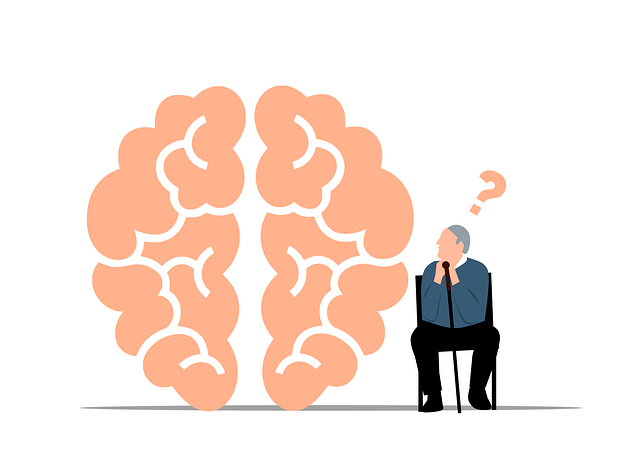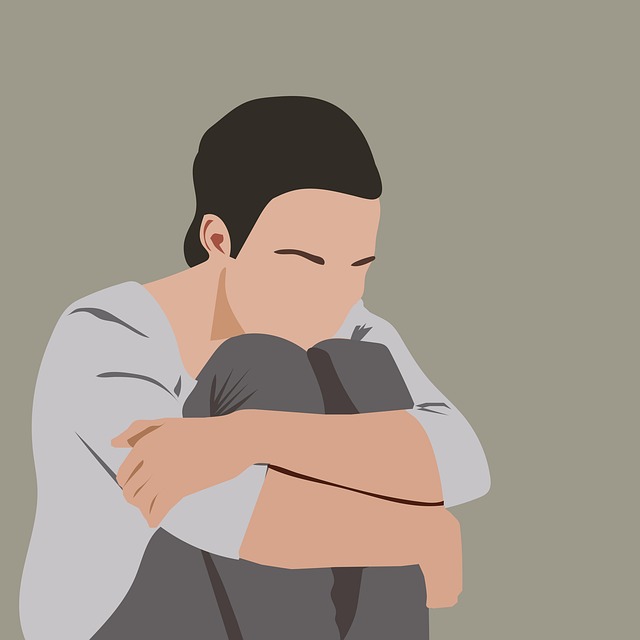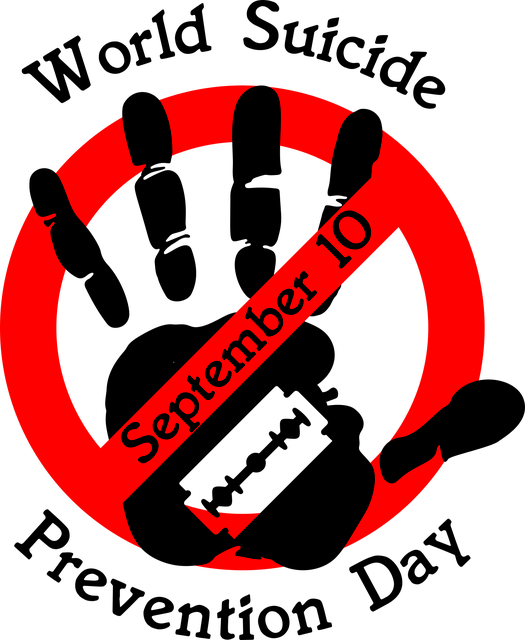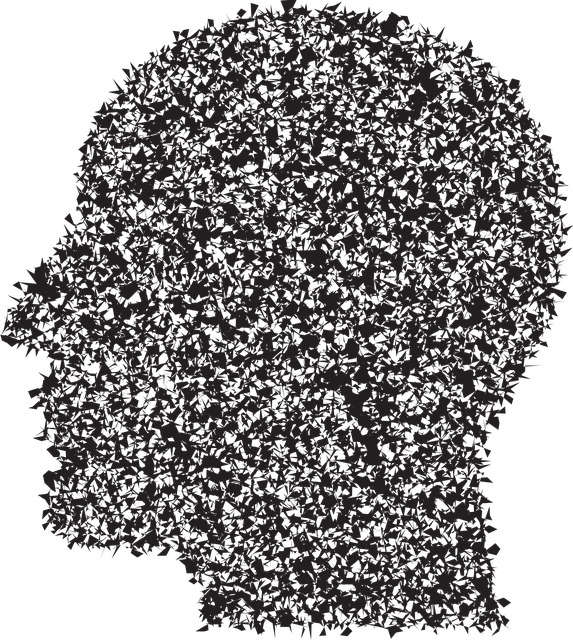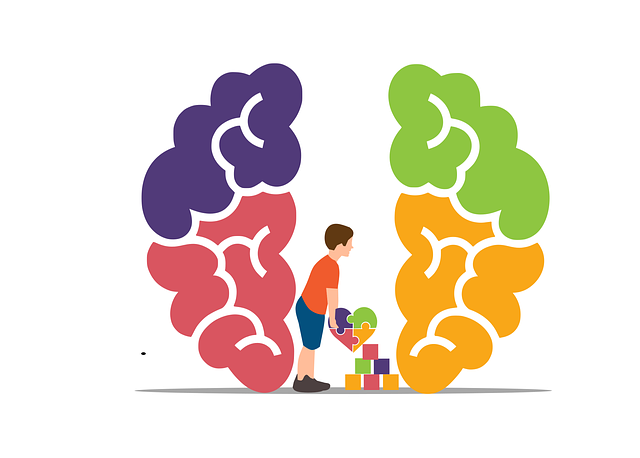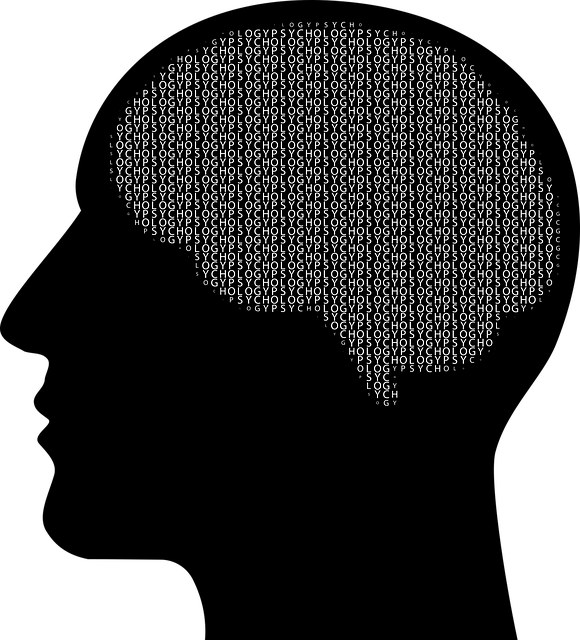Anxiety, a common yet debilitating stress response, can be tackled through Lone Tree First Responders Therapy, combining professional therapy (including CBT and exposure therapy), mental wellness coaching, and community outreach. This holistic approach, emphasizing self-care, lifestyle changes, and conflict resolution, equips individuals with tools to manage anxiety effectively, reduce symptoms, and promote overall well-being, preventing conditions like depression.
Anxiety is a common challenge, yet managing it effectively can lead to improved well-being. This comprehensive guide explores powerful techniques to overcome anxiety, focusing on understanding its subtle symptoms and triggers. From therapy approaches like cognitive-behavioral therapy (CBT) to practical lifestyle changes, you’ll discover strategies tailored by Lone Tree First Responders Therapy to help you regain control and find lasting relief in your daily life.
- Understanding Anxiety: Recognizing the Symptoms and Triggers
- Therapy Approaches for Effective Anxiety Management
- Lifestyle Changes and Coping Strategies for Daily Relief
Understanding Anxiety: Recognizing the Symptoms and Triggers

Anxiety is a natural response to stress, but when it becomes overwhelming and persistent, it can significantly impact daily life. Understanding anxiety involves recognizing its various symptoms, which range from physical sensations like increased heart rate and dizziness to cognitive issues such as excessive worry and rumination. Many people experience anxiety triggers, such as public speaking, social situations, or specific phobias, that can cause a sudden onset of these symptoms. Identifying personal triggers is a crucial step in managing anxiety effectively.
For those dealing with anxiety, seeking professional help through therapy, like that offered by Lone Tree First Responders Therapy, can be transformative. Mental wellness coaching programs and the production of educational resources, such as the Mental Wellness Podcast Series, provide valuable tools for navigating anxiety. Additionally, mood management techniques taught in these programs empower individuals to take control of their mental health, fostering a sense of resilience and overall improved mental wellness.
Therapy Approaches for Effective Anxiety Management

Anxiety management is a multifaceted approach that often includes therapy as a core component. One effective therapy approach gaining recognition is Lone Tree First Responders Therapy, which focuses on providing support to individuals facing anxiety through specialized care tailored to their unique needs. This therapeutic method incorporates various techniques such as cognitive-behavioral therapy (CBT), mindfulness practices, and exposure therapy, helping clients develop coping mechanisms that enable them to effectively manage their anxiety in everyday life.
Beyond individual therapy, community outreach programs play a vital role in promoting mental wellness. Implementing initiatives like these not only enhances access to healthcare services but also fosters a sense of belonging and support within communities. Healthcare provider cultural competency training is another essential aspect, ensuring professionals are equipped to address the specific needs of diverse populations struggling with anxiety. By combining targeted therapy approaches, community engagement, and culturally sensitive care, individuals can gain a confidence boost, leading to improved mental health outcomes.
Lifestyle Changes and Coping Strategies for Daily Relief

Incorporating lifestyle changes and effective coping strategies is a powerful way to manage anxiety on a daily basis. Lone Tree First Responders Therapy emphasizes the importance of self-care practices, such as regular exercise, mindfulness meditation, and maintaining a balanced diet, to alleviate symptoms of anxiety and promote overall well-being. These simple yet profound habits can significantly reduce stress levels and foster a sense of calm. For instance, engaging in activities like yoga or deep breathing exercises can help individuals unwind and find moments of serenity amidst anxious thoughts.
Additionally, Conflict Resolution Techniques can be integrated into daily routines to mitigate anxiety triggers. Learning to navigate challenging situations with assertiveness and empathy allows for better management of stress-inducing conflicts, which often contribute to heightened anxiety. By adopting Self-Care Practices and implementing conflict resolution skills, individuals can take proactive steps towards Depression Prevention and create a more balanced and peaceful life.
Anxiety management is a multifaceted journey, and with the right tools, anyone can learn to navigate their fears. By understanding anxiety’s intricacies, recognizing personal triggers, and adopting effective therapy approaches like those offered by Lone Tree First Responders Therapy, individuals can gain control over their mental well-being. Integrating lifestyle changes and coping strategies into daily routines further reinforces this process, ultimately leading to a more balanced and serene life. Remember, managing anxiety is not about eliminating worries but learning to respond to them with resilience and clarity.

